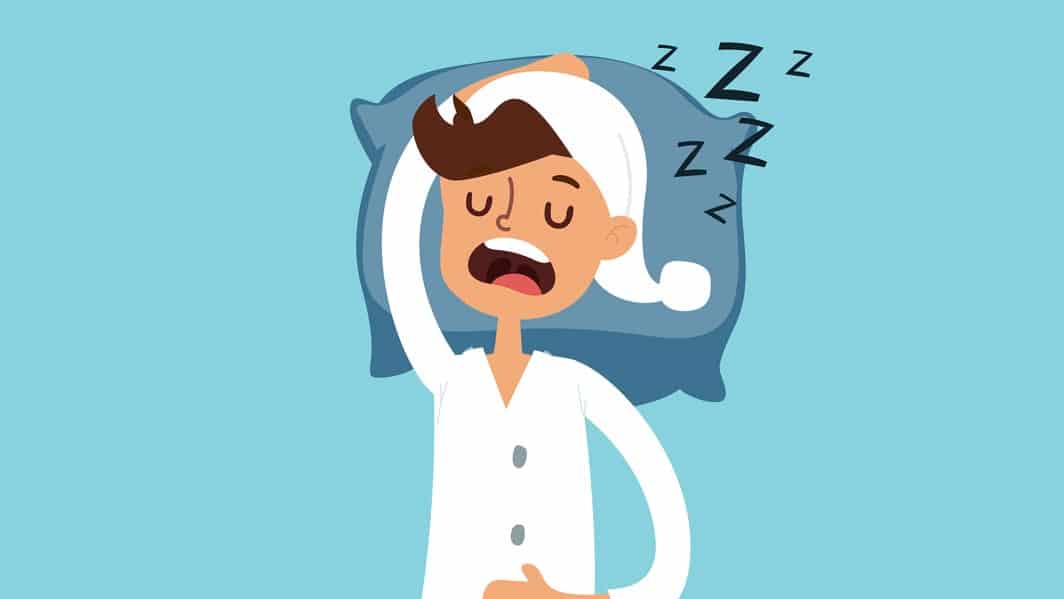Sleep apnea is a condition where the soft tissue in the back of the throat falls back and prevents normal airflow for patients. Snoring is very common for those with sleep apnea, but it is important to know that not all people who snore have sleep apnea. Sleep apnea can affect almost anyone, although the following are considered risk factors: being over 40, having large tonsils, a large tongue or a small jaw, being overweight, having a family history of sleep apnea and having nasal obstructions due to allergies, sinus problems or a deviated septum. If you find yourself waking up gasping for air or if your partner notices you struggling for air during sleep, it would be a good time to see your physician and ask about sleep apnea.
Treating sleep apnea may involve losing weight, adjusting sleep habits (not sleeping on your back), surgery, continuous positive air pressure (CPAP) devices or oral appliances. For those of you who have tried some of these methods without any improvement to your sleep apnea, or for those who cannot tolerate CPAP devices during sleep, oral appliances may help. In this case you can ask your dentist about your condition. Oral appliances can be made by dentists and are usually more tolerable for patients who cannot sleep with CPAP devices. Sleep apnea can cause many conditions ranging from high blood pressure to even stroke and heart attack. For these reasons, if you think you have sleep apnea, talk to your physician about this condition.


